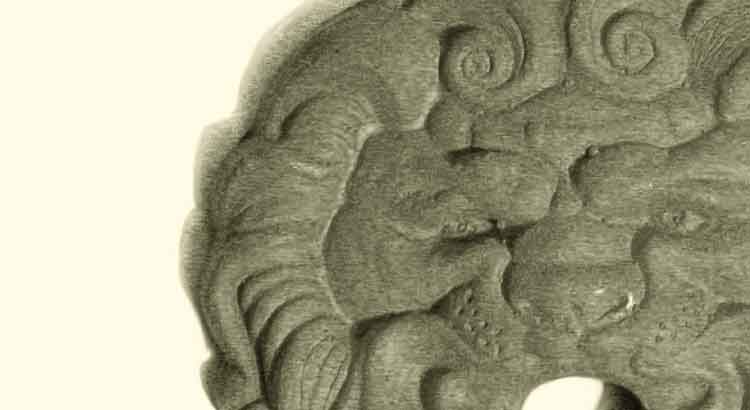Thank God I do not frequent psychology clinics, but I would bet that Frankl’s logotherapy outperforms Jung’s analytical psychology and Freud’s psychoanalysis together in the rate of cases of impressive behavioral change and therapeutic success. In logotherapy, I see a very clear exit door in case of good application; something I also see in Jung’s analytical psychology, but not in Freud’s psychoanalysis, which seems more like a palliative system that the patient can never get rid of—at least not in truly serious cases. It is true: there are cases and cases—perhaps, I base my conclusion on the infrequent ones. Psychoanalysis has molded itself to its patients, and for them it can be effective. Analytical psychology, which is broader and deeper, is also capable of treating them—although perhaps for some “psychological types” it is less enjoyable and, consequently, less satisfying. For many patients, routine venting is enough; but for the desperate, the expressly disillusioned who enters a consulting room in complete helplessness, carrying in his hands a mediocre and unsatisfactory life, which methodically inhibits his aspirations and delivers no meaning—for he, the suicidal candidate, sitting on a comfortable divan and moving his facial muscles is useless, and Frankl’s disciple seems to me the best prepared to deliver to him a definitive solution hardly achievable by other therapies.
Tag: psychology
To Live Is to Believe the Lie
“L’arte de vivere è l’arte di saper credere alle menzogne” —says, rightly, Cesare Pavese. To act, it is necessary to believe; there is no life without hope, without at least a tiny expectation, a minimum twinkle in the eyes that, upon waking, hopes for a better today than yesterday. Man allows himself to be deluded by psychological necessity; illusions are food for a mind programmed to believe. This is why the analysis of the human being necessarily involves the investigation of the irrational.
The Realization of the Fragility of Life
The human brain, a machine programmed to seek and identify patterns—even where there are none—only under duress admits the conclusions that come from the realization of the fragility of life. It seems unnatural to have as determinant and presumable that which, in an instant, abruptly transforms the reality. The false slowness of time deceives it, the slow change of states seems to lead to a non-existent end—and the machine thus gives birth to erroneous judgments about existence. The unpredictable dynamics of life seem to want to force it to accept that not everything is about cause and effect; but for it, to do so is to confess its weakness and succumb to the irrational.
A Problem Is a Problem as Long as the Mind Classifies It as Such
From Lao-tze, in English translation:
Stop thinking, and end your problems.
How true! A problem is a problem as long as the mind classifies it as such—conditions and facts are cold; qualification is mental work. Once one has the problem, the consequences: anxiety, worry, conflict, psychological disturbance. Annul the mind, bridle thoughts… if there is peace possible to man, here is the way. However…



